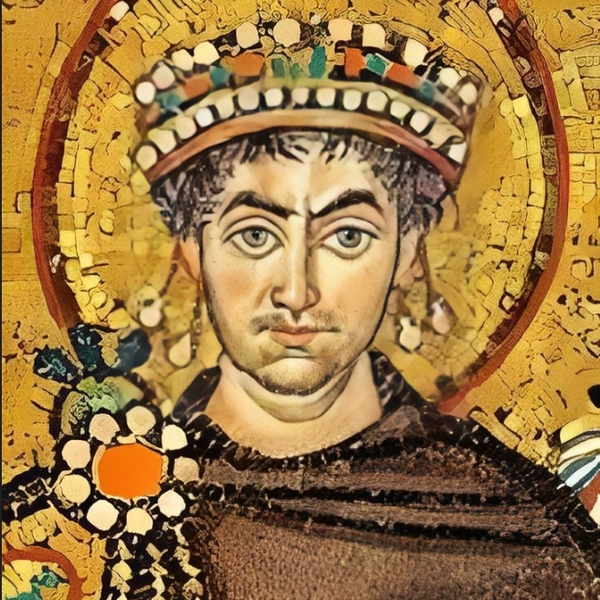
Personal
Other names:
John the Grammarian, John of Alexandria
Job / Known for:
Aristotelian commentator, Christian apologist
Left traces:
His writings on physics, metaphysics, and theology
Born
Date:
490
Location:
EG
Alexandria, Province of Egypt
Died
Date:
570 (aged 80)
Resting place:
EG
Unknown
Death Cause:
Unknown
Family
Spouse:
Children:
Parent(s):
QR Code:
Show More
Rank
Users ranking to :
Thanks, you rate star
Ranking
5.0
1
About me / Bio:
Show More
Article for John Philoponus
Died profile like John Philoponus
Comments:


